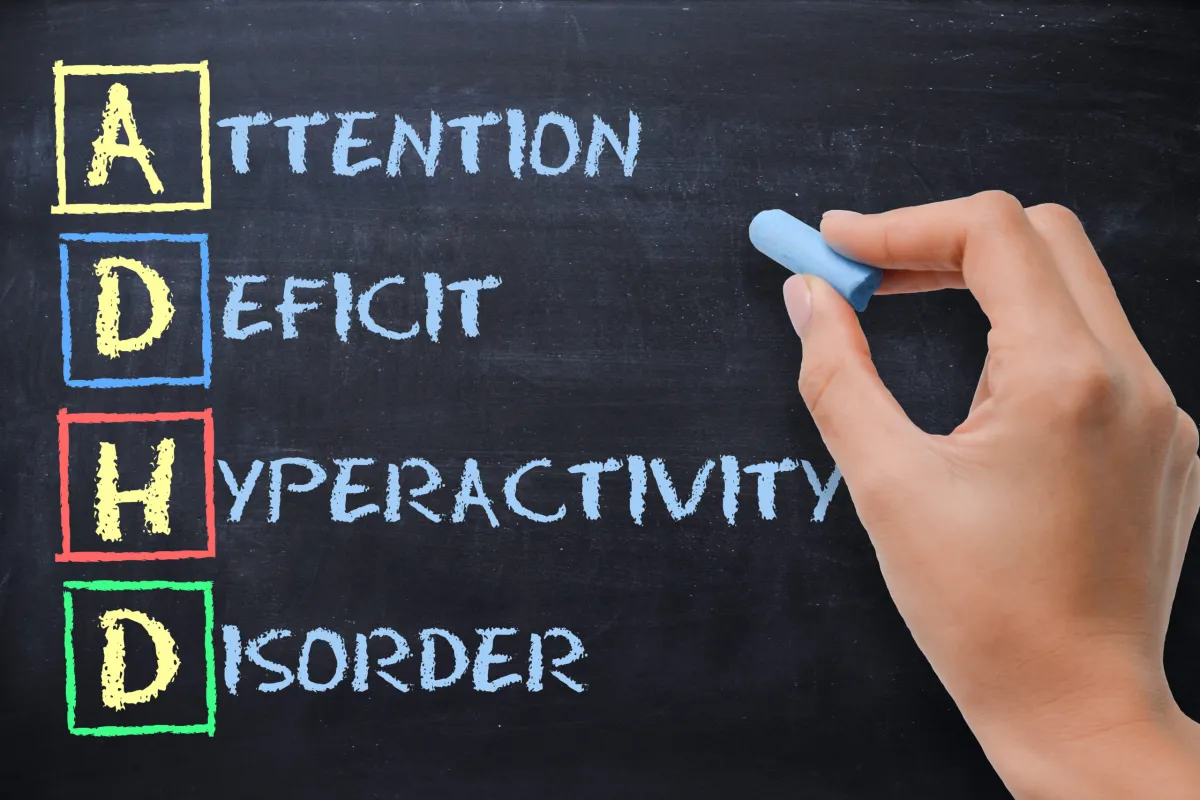

ADHD in Women and Girls
By Nichol Dabrowski
ADHD—we often think of an overactive child, running around, unable to pay attention. While this is very much classic for ADHD, it does not commonly show up this way in women (or girls). That can make diagnosis at a young age for girls more difficult, leading to a childhood and young adulthood that is challenging and confusing.
There are 3 types of ADHD—hyperactive, inattentive, and combined. According to research, symptoms of ADHD in girls present predominantly as inattentive. This is why ADHD has been overlooked in girls—it doesn’t present how we EXPECT ADHD to present. Inattentive ADHD looks like:
- Fails to give close attention to details or makes careless mistakes
- Has difficulty sustaining attention, does not appear to listen
- Struggles to follow through with instructions, has difficulty with organization
- Avoids or dislikes tasks requiring sustained mental effort, loses things easily
- Is easily distracted, is forgetful in daily activities
While research shows this, it also demonstrates that girls may have hyperactivity internally versus externally (typically seen in boys). Internal hyperactivity may include:
- Acts impulsivity or speaks before thinking
- Appears to daydream but will explains that her thoughts feel like they are “going a million miles a minute” and she has trouble keeping her mind on one topic
- Easily makes friends but has difficulty sustaining friendships
- Self-harming activities, or activities that require extreme and unhealthy self-discipline
- Adopts compensatory strategies, leading to working two to three times as hard as her peers in order to be equally successful
- Fears rejection by peers or friends and clings to other people or remains in unhealthy relationships
In history, it was assumed that girls did not have ADHD. Many adult women today are realizing their difficulties are classic of ADHD only after one of their children was diagnosed. Women who are diagnosed later in life may feel understood—they finally know what has been challenging them all these years. They can seek treatment that will increase their quality of life. Some may feel grief for the years they “lost” with untreated attention issues.
When left untreated, girls become aware—not of their symptoms, but of their failings to keep up with peers in neuro-typical ways (socially, academically) and ultimately feel they are unlovable, unworthy, or unable. These negative core beliefs can negatively affect the self-image of any person that experiences them, carrying into every area of their life.
Women that are experiencing symptoms of ADHD that do not yet have a formal diagnosis can begin working with a therapist and a psychiatrist. Accessing formal testing is important for diagnosis. This can be done at ADHD testing centers or where a psychiatrist feels would be most helpful for a client. It is also important to begin counseling and psychotherapy to identify unhelpful thought patterns, work to rebuild healthy thought patterns and positive self-image, work through feelings of shame, and to develop coping skills for symptoms of ADHD.
To learn more about ADHD in women and girls, visit this site: https://chadd.org/for-adults/women-and-girls/
If you know someone (or yourself) that may be struggling with ADHD, reach out to one of our wonderful therapists at Owens Counseling. You can make an appointment virtually or in-person at any of our multiple locations in IL. We look forward to serving you and helping you or your loved ones find the happiness & quality of life they deserve. Call 847-854-4333 to speak with our admin team to set up an appointment today.
